Check out our programmes and find out how PBL is applied in the programme of your choice:
At Maastricht University (UM), we care not only what you learn but also how you learn. Here, you are part of an interactive and meaningful learning experience called Problem-Based Learning (PBL). Most of your education takes place in groups of 10 to 15 students, so you’re not just a face in a crowded lecture hall.
Working in small teams makes it easy to connect with peers and stimulate each other's learning. Through teamwork and assignments, you actively engage with knowledge and exchange ideas. This collaborative environment allows you to see things from multiple perspectives, giving you a better understanding of the subject matter and helping you come up with creative, well-reasoned solutions.
Our dedicated teaching staff serve as facilitators, providing guidance when needed, but your curiosity and imagination lead the way.
Problem-Based Learning (PBL) teaches you to be proactive and open-minded. You develop the critical thinking, effective communication, time management, teamwork and problem-solving skills that employers are looking for.
You're in the driver's seat
At UM, learning is active. You won’t just sit back and take notes. Your questions and curiosity drive the learning process. You’re presented with actual problems or cases and, together with your fellow students, you determine what approach you want to take to solve it and what you need to learn in the process. This helps you truly understand the subject matter, rather than just memorising facts.
Learning formats can differ depending on the programme you choose. But you have a lot of freedom to manage your study time. This requires self-discipline and can be a challenge sometimes, but our teaching staff are always there for support, providing feedback and regular assessments to ensure you stay on track.
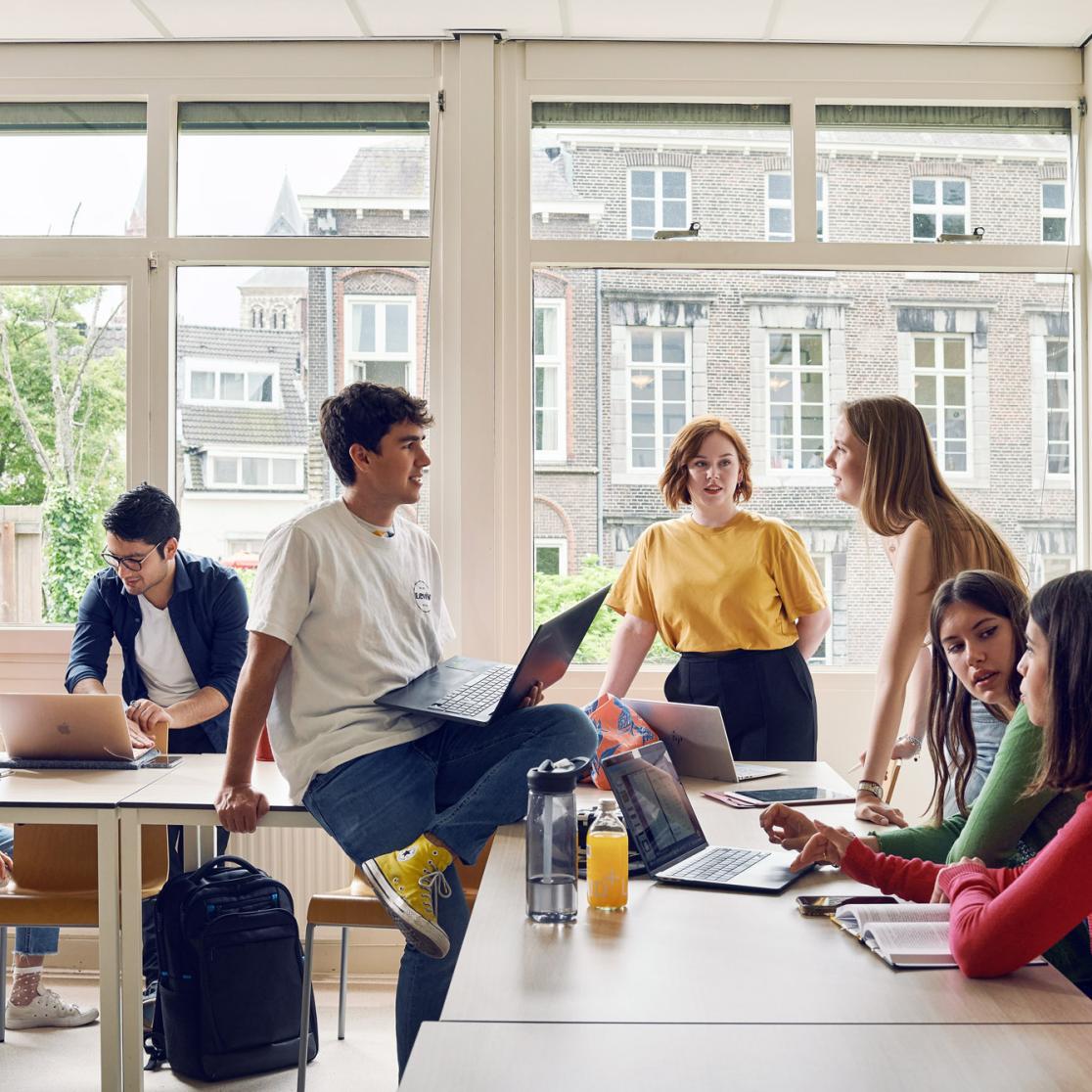
You’re part of a collaborative, international community
At UM, you’re part of a close-knit, international community. Through collaborative teamwork, you learn from each other’s diverse perspectives. You stimulate and challenge each other to think differently and come up with solutions you may never have thought of on your own. This makes for a unique and exciting learning experience. Our teaching staff are not only experts at what they do but they are approachable and supportive, coaching you in discovering your own path and making the knowledge your own. These close interactions with fellow students and teaching staff create a true sense of belonging and help you feel right at home at UM.
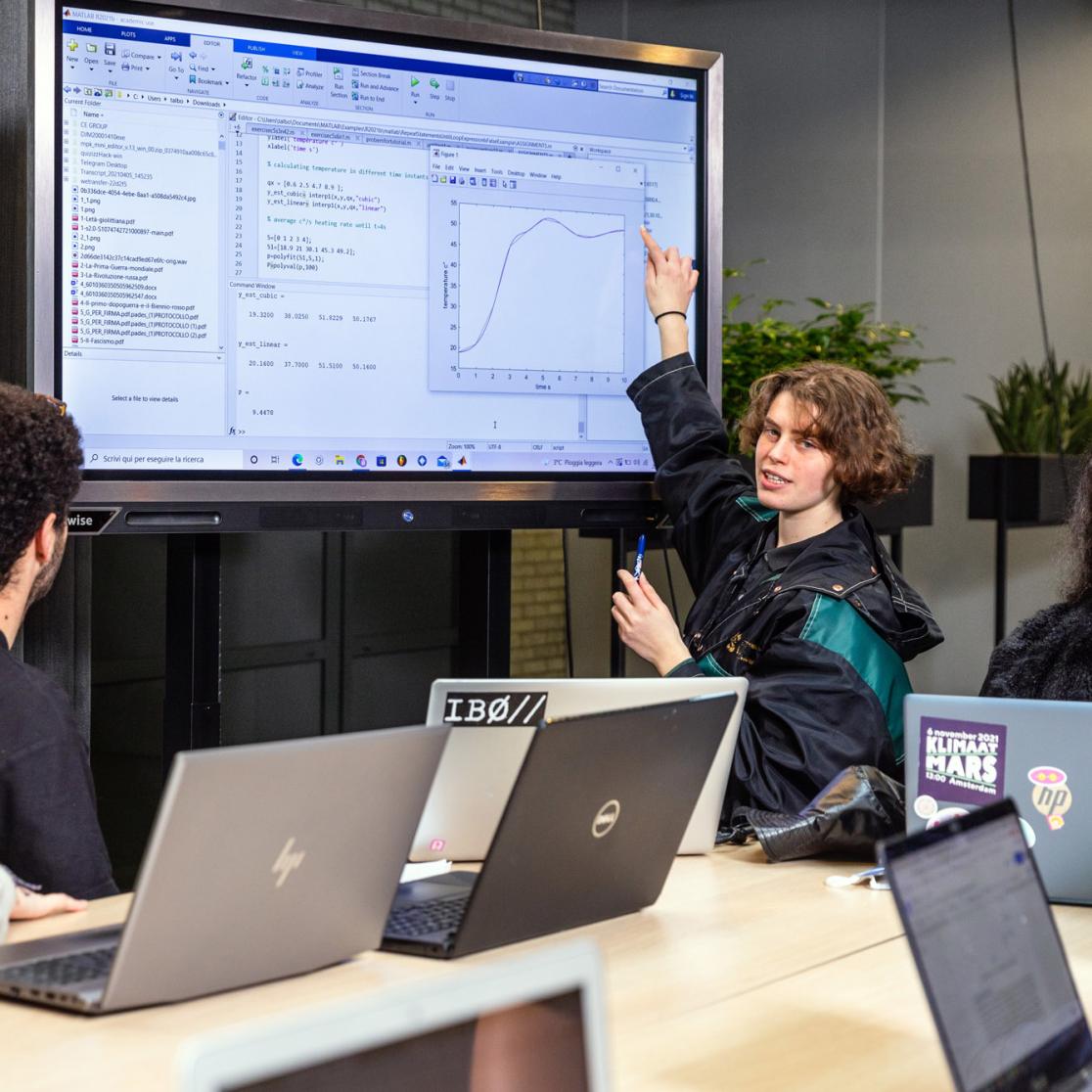
You discover more about yourself and the world around you
Studying at UM means tackling challenges that encourage reflection and spark creativity. The starting point is always an actual problem or challenge we are facing in society today. You learn to look at what you already know, identify what you need to learn and make connections between ideas that can help solve the problem. You explore new approaches and collaboratively develop unique solutions, discovering more about yourself and the world around you along the way. Working on authentic problems also helps you see the real-world impact of what you’re learning. This opens your eyes to your broader responsibility to society and your role as a global citizen.
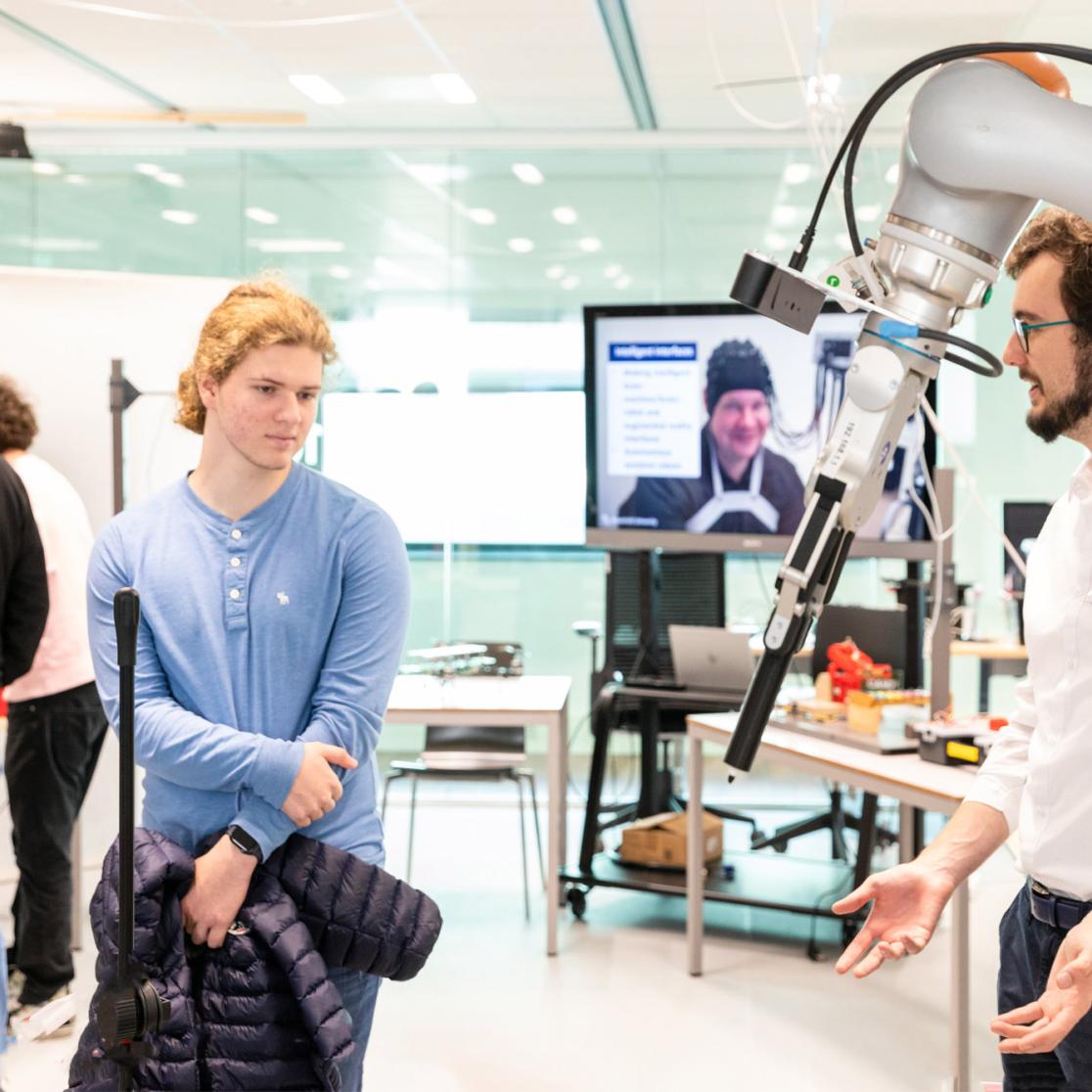
Worth checking out
Explore our programmes
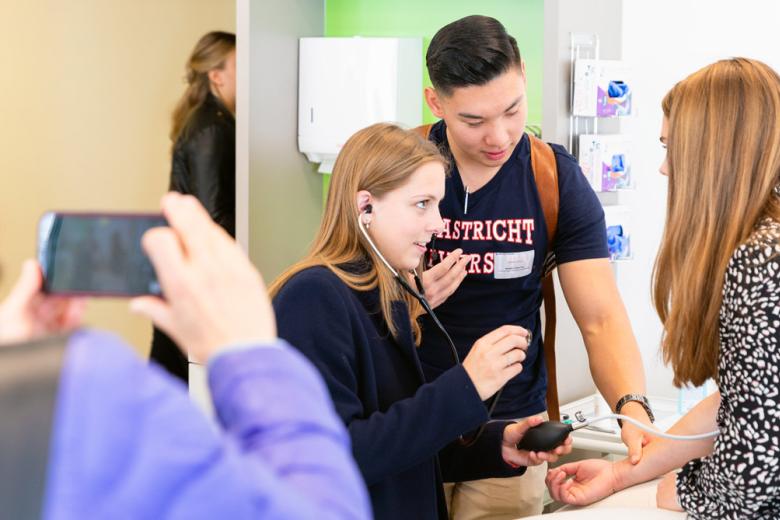
Chat with a bachelor's student
Who better to help you learn about PBL and choose a bachelor’s programme than a current UM student? Connect via chat or social media so they can share their insights.

Innovating PBL
At UM, we brought PBL to Europe and have been integrating this approach for decades. Find out more:
- Problem-Based Learning
- International learning environment
- Global Citizenship Education
We continually innovate our education practices through EDLAB, our Centre for Teaching & Learning.
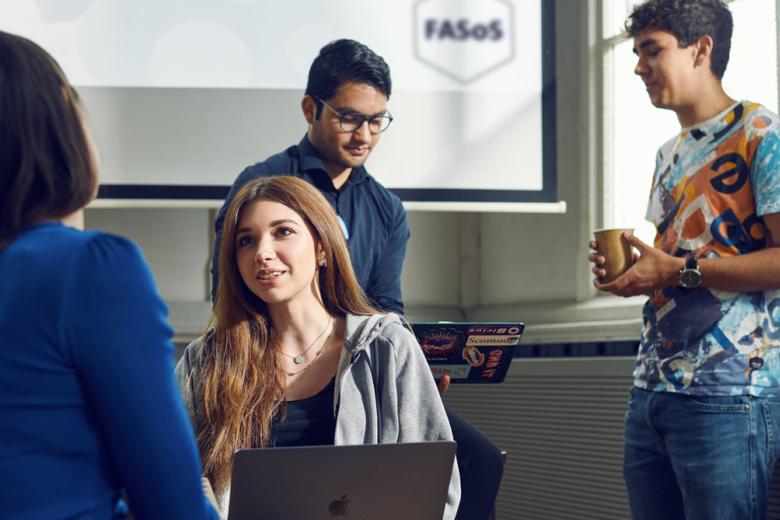
Connect with us
We're happy to answer all your questions about studying at UM.
join-us@maastrichtuniversity.nl
Facebook
Instagram
Examining the EU's Future: Conference on Values, Actions, and Challenges
The Law Faculty of Maastricht University, in collaboration with Studio Europa, hosts an academic conference focusing o
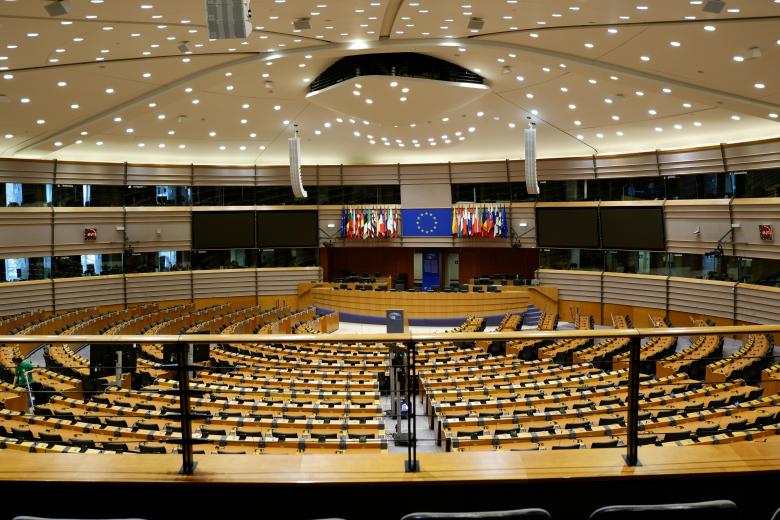
If you experience problems with this livestream, please click here.
This year's theme: ‘Limburg’s window on the universe – global innovation and regional regeneration’
The Meuse-Rhine Euroregion is leading the race to build the Einstein Telescope. Thanks to the scientific expertise of Maastricht University and its Euroregional partners, as well as the knowledge economy growing around them, the Euroregion could soon become the centre of European research on gravitational waves. How does our region’s tradition of learning and cross-border cooperation contribute to future prosperity?
Interesting keynote and presentation
This year, we are honoured to welcome Han Dols as our keynote speaker. Han Dols is Section Leader Business Development & Entrepreneurship at CERN Knowledge Transfer Group. CERN, the European organisation for nuclear research, is one of the world’s largest and most respected centres for scientific research. Famous for the discovery of the Higgs boson particle and the development of the Large Hadron Collider, the organisation plays a leading role in the research on the fundamental composition of the universe.
During his lecture, Han Dols will share valuable knowledge of and new insights into this year’s theme. This is a unique opportunity to learn from his expertise and experience.
In addition, Associate Professor Gideon Koekoek (Faculty of Science and Engineering) and a student will give an interesting presentation about gravitational waves and the Einstein Telescope. Their presentation will look into the latest developments in this fascinating research field.
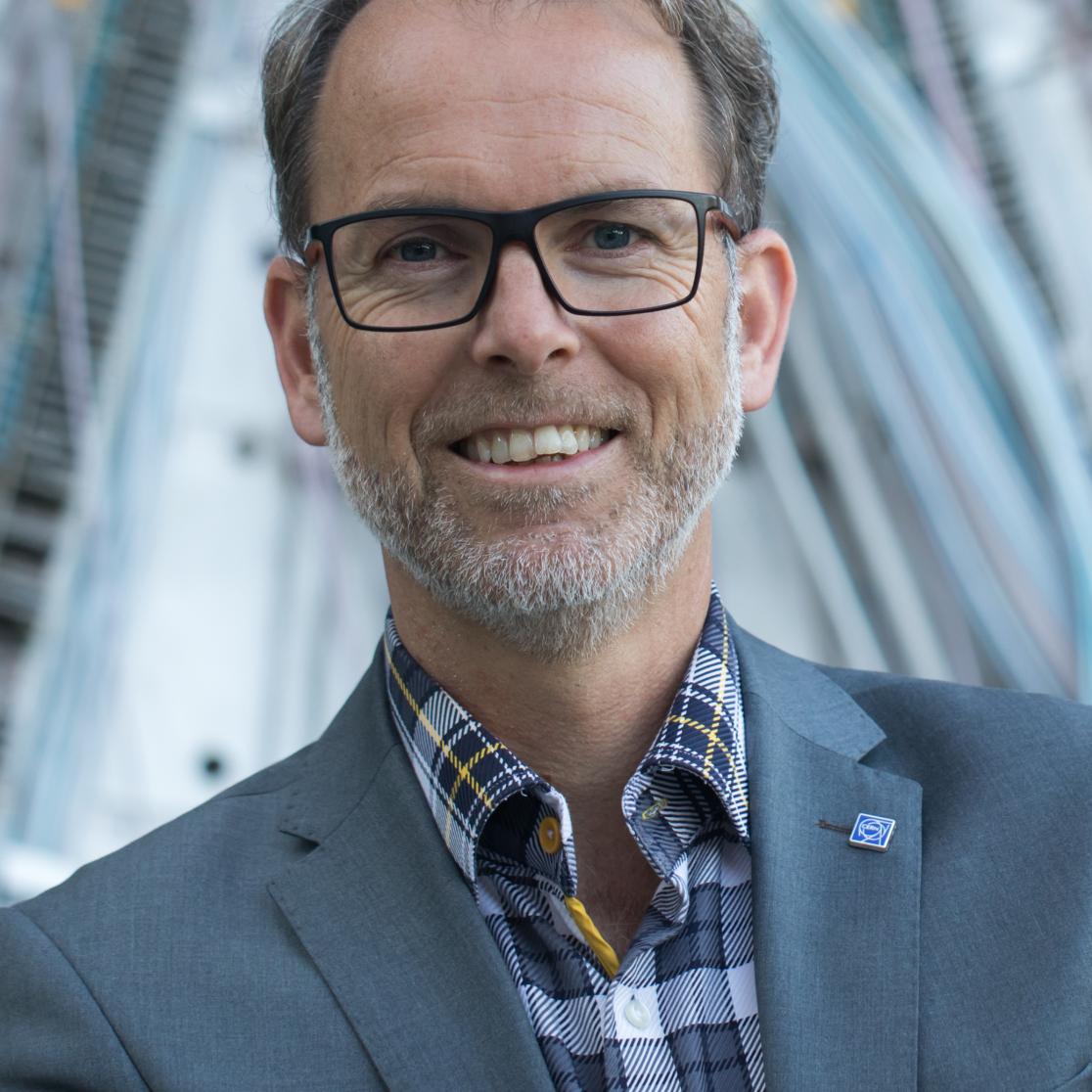
Han Dols is Section Leader of the Business Development & Entrepreneurship Section at the CERN Knowledge Transfer Group. He studied physics at TU Delft and is an alumnus of IMD (Geneva), Webster University (Leiden), the Haas School of Management, University of California (USA) and the Frankfurt School of Management and Finance (Germany). Starting his career in 1994, he worked at prominent companies, such as Medtronic, DSM, and now CERN. He is also co-founder of HumanXR.